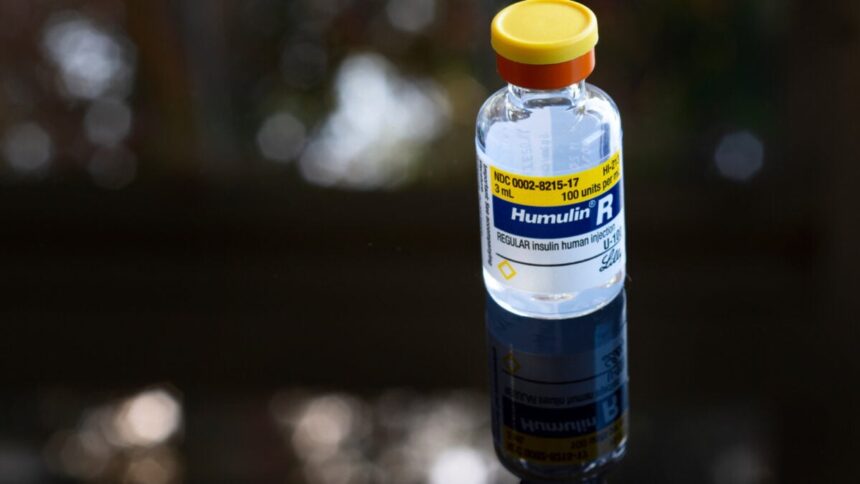A new case study offers a tantalizing glimpse into the potential future of transplantation medicine. A man with type 1 diabetes is now able to make his own insulin thanks to a transplant of gene-edited pancreatic cells—a transplant that hasn’t required the typical drugs used to avoid rejection.
Scientists in Sweden and the U.S. conducted the research, published this week in the New England Journal of Medicine. The 42-year-old man with long-standing diabetes was given donated islet cells that were genetically modified via CRISPR to prevent immune rejection. Roughly four months after the procedure, his fully gene-edited cells have continued to produce insulin without provoking an immune response.
“Our study, although preliminary, suggests that immune evasion is an alternative concept for the circumvention of allorejection,” the authors wrote in the paper.
People with type 1 diabetes have immune systems that destroy the pancreatic cells responsible for making insulin. The condition can be managed with regular doses of synthetic insulin, but people’s health still tends to worsen over time. Recently, scientists have been studying whether donated islet cell transplants can provide a self-sustained replacement supply of insulin for type 1 diabetics—an effective cure, in other words, provided the cells can survive long-term.
Early clinical trials of the technology have looked promising so far, but these transplants still require lifelong immunosuppressive therapy to ensure the host’s body doesn’t go after the donated cells. Effective as these drugs are, they have their well-known drawbacks, such as weakening people’s immunity to actual threats like infections.
The study researchers have been experimenting with a unique approach to sidestep the need for these drugs. They first tested it on mice and monkeys, with this new case being the first test in humans.
They created three specific edits in the donated cells, all intended to quiet the most likely responses from the immune system. Two of the edits deplete the cells’ supply of HLA class I and II antigens, proteins that tell our T cells whether another cell is foreign or not. A third edit causes the donated cells to make more of another protein called CD47 that inhibits the activity of other immune cells that would normally target them.
The researchers injected the modified cells into the man’s forearm. The edits weren’t completely successful in some of the cells, and the man’s immune system quickly killed off these cells. But as hoped, his body left the fully edited cells alone, even without immunosuppressants. The surviving cells produced insulin as normal, and the man appeared to be doing well 12 weeks later. He did experience several adverse events, but none were serious or linked to the transplanted cells themselves (he had mildly inflamed veins where a catheter was placed, for instance).
This study is only a proof of concept, geared more at showing the procedure can be done safely than at proving it actually works. The man was given a relatively low dose of the donated cells, likely too low for his body to produce enough insulin on its own to no longer need treatment. Follow-up is also needed to know whether these cells can survive long-term.
But there’s much to be encouraged about. And it’s the latest sign that scientists are truly on the verge of making type 1 diabetes curable. Other research teams have shown early success in using similar transplants to cure the condition, including some that have also avoided needing immunosuppressant therapy.
Read the full article here












